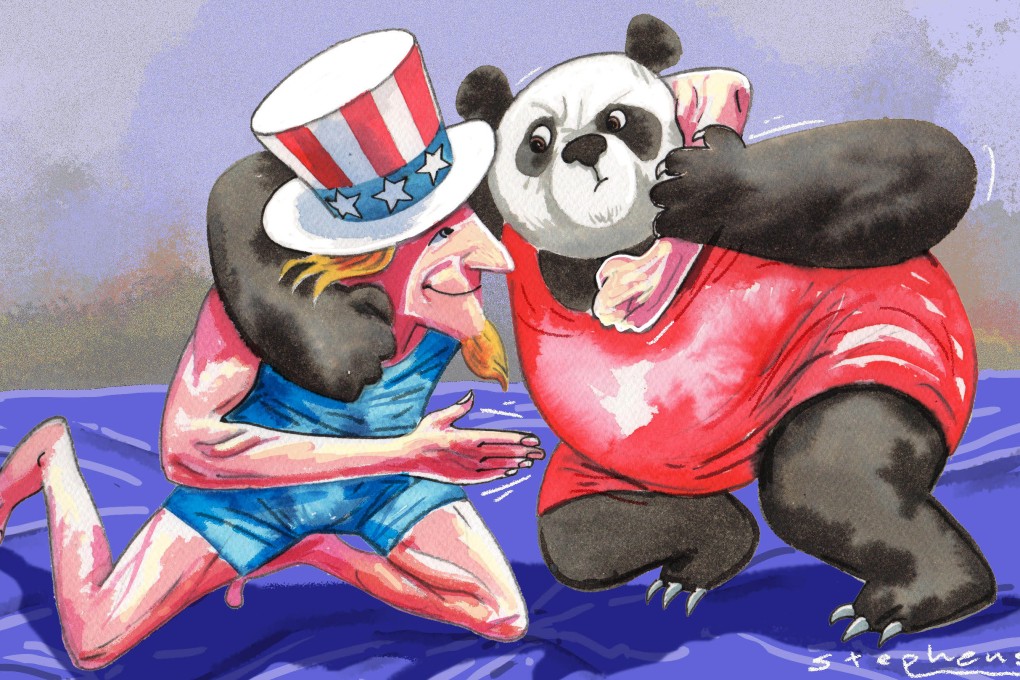Advertisement
Opinion | Why the US and China are unlikely to strike a grand bargain soon
- US President Joe Biden has said he is considering whether to drop tariffs on China and plans to speak to Chinese President Xi Jinping
- While Biden might have a deal to offer Beijing, unless the US is willing to stop hollowing out its ‘one-China’ commitment, he may not make much headway
Reading Time:4 minutes
Why you can trust SCMP
5

US President Joe Biden’s whirlwind visit to East Asia in May reaped the expected rich harvest in terms of his administration’s policy to “shape the strategic environment around Beijing”, as summed up by Secretary of State Antony Blinken in his speech last month on the US’ strategic approach to China.
Both South Korea and Japan rallied to Biden’s call for closer cooperation and coordination against China. Under the Indo-Pacific Economic Framework, which was officially launched during Biden’s trip, the US and 12 other countries hope to redistribute China’s share of the region’s supply chain among themselves.
But none of the above was as dramatic as Biden’s pronouncement in Tokyo on May 23 that the US would confront Beijing militarily if it took action to recover Taiwan. This is the third time he has made a similar “gaffe”.
Advertisement
China hit back, notably over Taiwan. The climax was Chinese defence minister Wei Fenghe’s declaration at the Shangri-La Dialogue in Singapore, both during his face-to-face meeting with US Defence Secretary Lloyd Austin on June 10 and in his keynote speech on June 12, that China will have no choice but “to fight at all costs” and “fight to the very end” for Taiwan.
At his meeting with US National Security Adviser Jake Sullivan in Luxembourg on June 13, China’s top diplomat Yang Jiechi urged the US to turn promises into action and abandon its illusions over Taiwan. On the same day, China’s foreign ministry spokesman shot down US claims that the Taiwan Strait is an “international waterway”.
One would expect all this to incur Washington’s wrath and result in the next round of tensions between the two countries. That did not seem to be the case. China said the Yang-Sullivan meeting had gone well, while the US said it was “candid, in-depth, substantive and productive”.
Advertisement
Select Voice
Choose your listening speed
Get through articles 2x faster
1.25x
250 WPM
Slow
Average
Fast
1.25x

